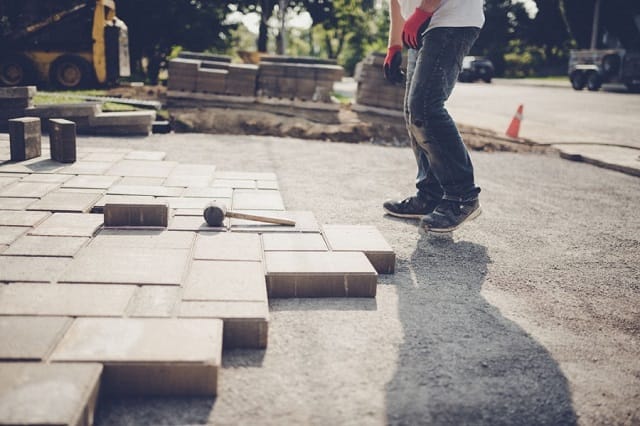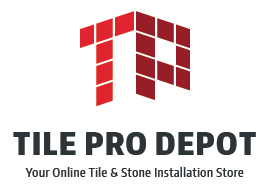The question of how thick or thin your tile bed be should depends on the type of substrate you have in mind. There is a lot of information about tile substrates on the Internet, and the main problem is that misinformation abounds in the web world. So, it’s crucial to get the facts right before deciding on the substrate, its type, thickness, and other necessary details.
First off, it’s important to understand that finding a clear and airtight answer to what constitutes a suitable substrate for tile flooring is not as easy as you might think. The reason is that several subfloors are considered suitable for tile floors, and each or any of these can make a suitable substrate. While tiles can be installed on any subfloors, there is still a matter of preparation, which is specific and ought to be different for each one.
In this article, we will cover how thick should your substrate be for tile and stone installations.
Acceptable Substrates for Tile and Stone Installations
The appropriate substrates for stone and tile installation are fully cured concrete, masonry, and of course cement mortar beds, again fully cured. For stone installations, substrates need to be solid, flat, and dry. They should be well cleaned and made free of any wax, grease, and gypsum compounds.
Tiles can be conveniently installed over different substrates, and the most common among them include concrete, cement board, plywood, and drywall. Concrete is ideal for both vinyl tiles as well as ceramic ones. The concrete substrate for these tiles needs to be dried and cured for a minimum of 28 days before installation. Also, when it’s a concrete barrier, it needs to be placed on top of a moisture barrier to avoid moisture leaks.
Cement fiberboard substrates are best-matched for all kinds of tiles. Not very different from concrete subfloors, this comes from cement and fiber. There is no stone aggregate in these.
Plywood substrates are standard choices for flooring in residential buildings. As great as they are, they do not make great bases for wall tiles. So, the best places to use plywood substrates are areas that are dry and properly ventilated.
Gypsum drywall is another kind of substrate that is great for interior walls. Once again, this substrate is suitable in dry spaces, and therefore not great for use in showers and areas of the house which is moist for most of the day.
Appropriate Thickness for Tile and Stone Installations
For stone tiles, some generic substrate requirements include thickness. Guidelines put forward for stone and tile installations. Next in line comes the level. So far as the level is concerned, the substrate should be within a variation of 1/16” for 3’ length.
In plywood, an acceptable thickness is 5/8” or ¾”. Then again, it changes with the age of the construction. In older homes, structural plant substrates are common. Now that sometimes turns out to be problematic in humid weather conditions.
At present, Tile Pro Depot ranks among the leading sellers of tile installation supplies on the Internet. With huge inventory to match diverse requirements, Tile Pro Depot has available all the latest and in-demand products in the market. Their prices too are very competitive. You can order their products online, and your order will be delivered to you within days.

